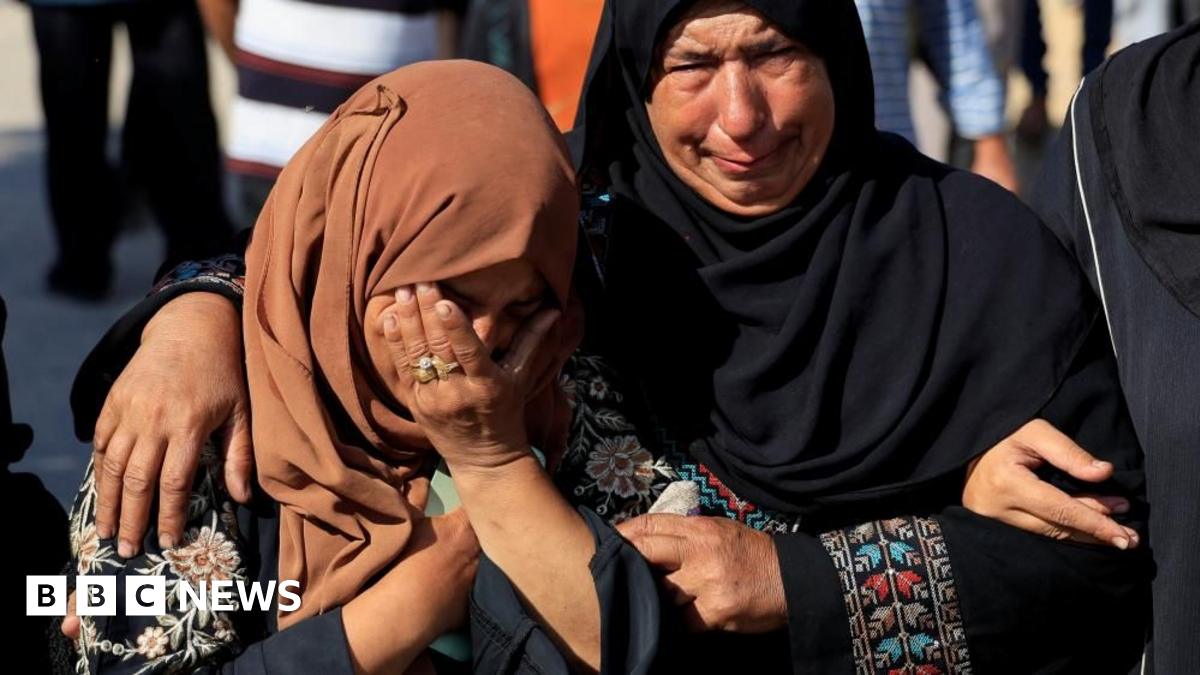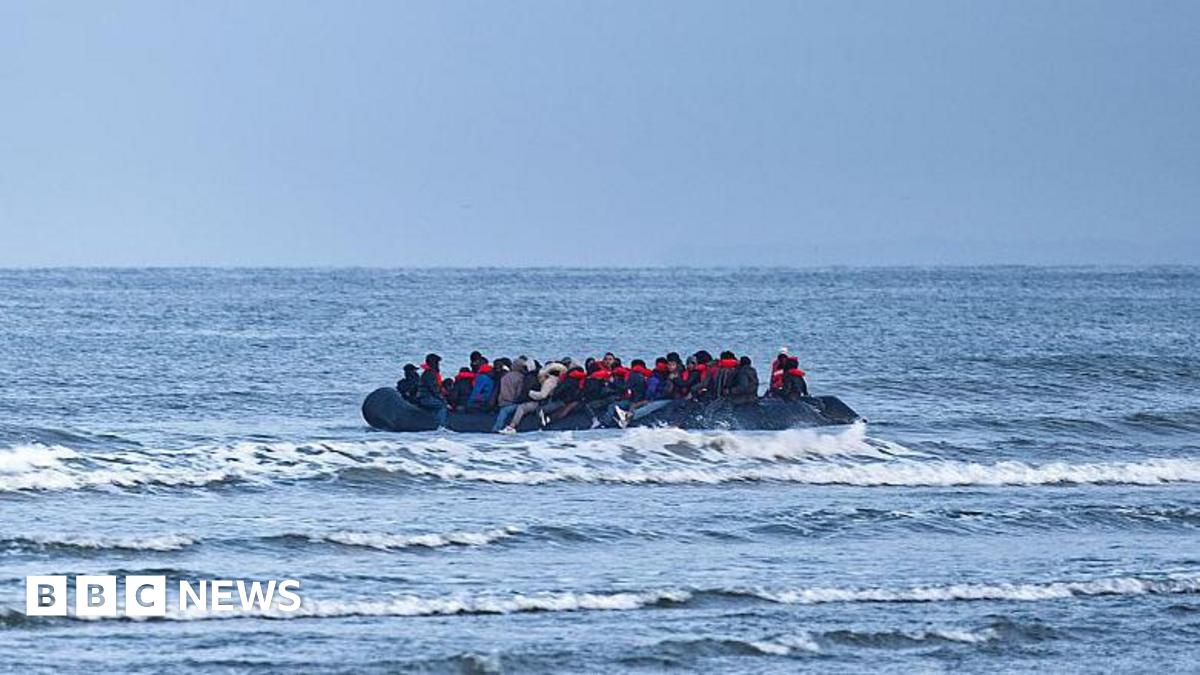Tragic Channel Crossing: Afghan Men Sentenced for Smuggling, Leading to Death of Woman and Child

Two Afghan men have been sentenced for their roles in piloting a boat carrying 70 migrants across the English Channel. The harrowing journey, which occurred on May 21st, tragically resulted in the deaths of a woman and a child, coinciding with a large flotilla departing from Dunkirk. Shah Salim Sajjadi, 38, and Safiollah Mohammadi, 25, were apprehended after their overcrowded dinghy landed in Dover, marking a stark reminder of the dangers faced by those attempting to reach the UK.
The case has drawn significant attention due to the devastating loss of life and the ongoing crisis surrounding Channel crossings. Authorities have been increasingly focused on disrupting human trafficking networks and prosecuting those who profit from putting vulnerable individuals at risk. The prosecution highlighted the reckless disregard for human life displayed by the defendants, emphasizing the perilous conditions endured by the migrants onboard.
Eyewitness accounts and evidence presented in court detailed the chaotic and unstable nature of the crossing. The dinghy, severely overloaded, struggled against the challenging conditions of the Channel. The deaths of the woman and child served as a poignant illustration of the human cost of these dangerous journeys, prompting renewed calls for safer and more regulated migration routes.
The sentencing of Sajjadi and Mohammadi sends a strong message that those involved in facilitating these crossings will face severe consequences. While the focus remains on prosecuting those responsible, humanitarian organizations continue to advocate for safe and legal pathways for asylum seekers, addressing the root causes of migration and providing support to those in need.
The incident also underscores the complex challenges facing both the UK and France as they grapple with the ongoing migrant crisis. Increased border security, collaboration between law enforcement agencies, and international efforts to combat human trafficking are crucial in preventing future tragedies. The case serves as a somber reminder of the human suffering behind the statistics and the urgent need for comprehensive solutions.
The court’s decision has been met with mixed reactions. While many welcome the conviction of those responsible for the dangerous crossing, concerns remain about the underlying factors driving people to risk their lives in such a perilous manner. The focus now shifts to preventing further loss of life and ensuring that those seeking refuge are treated with dignity and respect.






